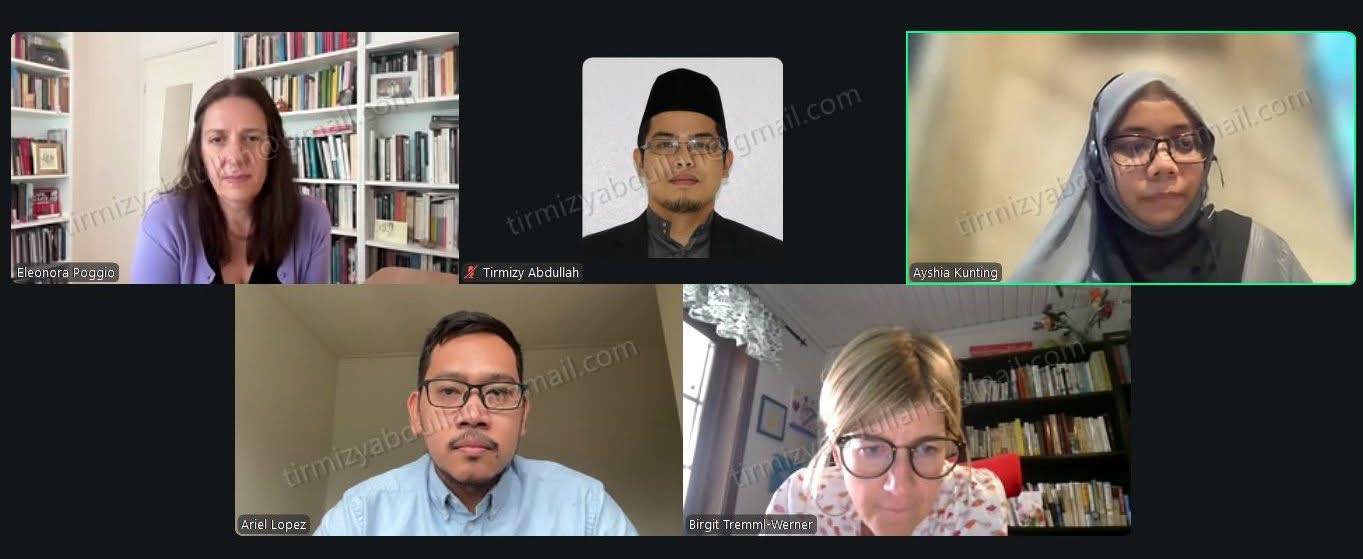Aliah Pacalna Cali-Pascan, DPA, JC
The repatriation of cultural artifacts is a complex and often emotional issue, and for the people of Muslim Mindanao, it is a matter of memory, justice, and dignity. A recent presentation, “Repatriating Muslim Mindanao / Bangsamoro Heritage: A Collaborative Research Initiative,” is set to bring this critical conversation to the forefront at the 2025 Philippine Studies Conference on Repatriation at the School of Oriental and African Studies (SOAS) in London.
The presentation features a distinguished panel of scholars and practitioners. The collaborative effort includes Dr. Ariel Lopez from the University of the Philippines (UP) Diliman, a historian of early modern global and colonial entanglements, Dr. Eleonora Poggio, Dr. Birgit Tremml-Werner from Stockholm University, Atty. Ayshia Kunting from Western Mindanao State University, and Dr. Tirmizy Abdullah, a peace researcher from the Institute for Peace and Development in Mindanao (IPDM).
For the Bangsamoro people, this initiative is more than just about the return of objects. It is a vital component of transitional justice, an acknowledgement of historical injustices and a pathway to healing. Repatriation serves as a tangible act that restores a connection to the past and affirms cultural identity, which has been challenged by centuries of colonialism and conflict.
The collective passion and solidarity of the panelists, including those not from the Bangsamoro region, underscore the universal importance of this issue. Their work highlights that the preservation and return of heritage are not just regional concerns, but shared responsibilities that contribute to a more just and equitable global community. This presentation at SOAS is a significant step toward ensuring that the rich history and heritage of the Bangsamoro people are restored to their rightful home.


